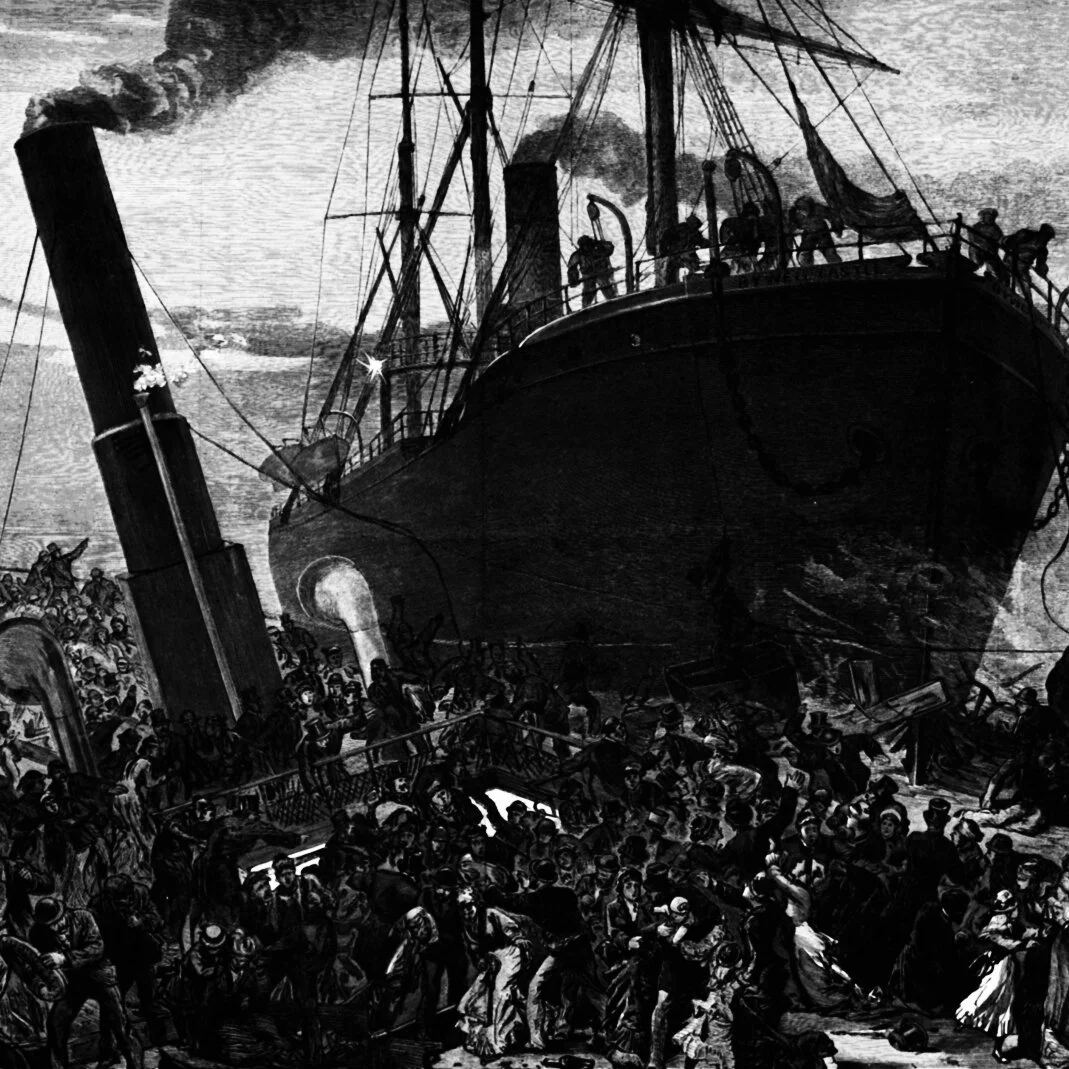The River that Burned
June 22, 1969 - The Cuyahoga River was the most polluted river in America. On this day it became a flashpoint in the environmental movement by catching on fire.
One year before the river became an inferno, a Kent State University symposium offered this description of its condition:
The surface is covered with the brown oily film observed upstream as far as the Southerly Plant effluent. In addition, large quantities of black heavy oil floating in slicks, sometimes several inches thick, are observed frequently. Debris and trash are commonly caught up in these slicks forming an unsightly floating mess. Anaerobic action is common as the dissolved oxygen is seldom above a fraction of a part per million. The discharge of cooling water increases the temperature by 10 to 15°F. The velocity is negligible, and sludge accumulates on the bottom. Animal life does not exist. Only the algae Oscillatoria grows along the piers above the water line. The color changes from gray-brown to rusty brown as the river proceeds downstream. Transparency is less than 0.5 feet in this reach. This entire reach is grossly polluted.
It turns out that the Cuyahoga had a long history of river fires dating back to 1868. An especially bad one in 1952 caused over a million dollars in damage.
The 1969 fire started at about noon near some wooden railroad trestles on the Cleveland, Ohio waterfront. An accumulation of oily waste may have been ignited by sparks coming off the railroad tracks. The fire quickly spread and at its peak the flames were 5 stories high. Fire crews were able to put the blaze down in about 20 minutes.
A Time magazine article would bring the story to the world, describing the polluted Cuyahoga as a river "that oozes rather than flows." The disaster helped build momentum for a tidal wave of environmental laws including the Clean Water Act and the creation of the Environmental Protection Agency.
Thanks to several decades of anti-pollution reforms, the Cuyahoga has been slowly improving its water quality.





